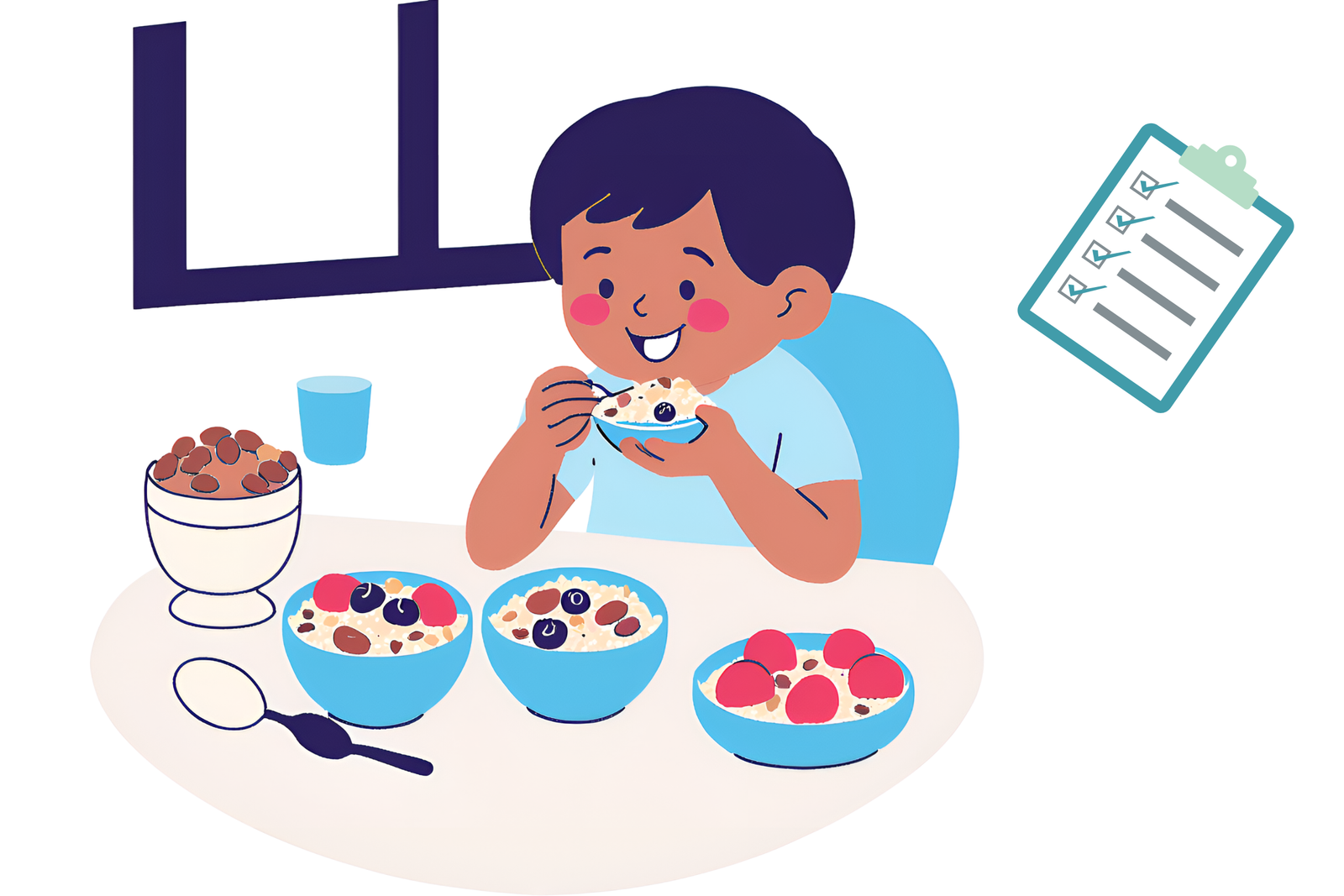6 Morning Routines That Make Kids 83% More Cooperative (Backed by Science)
Introduction: Why Mornings Matter for Kids’ Behavior
If your mornings feel like a battlefield—full of tantrums, rushed breakfasts, and lost shoes—you’re not alone. Research shows that structured morning routines significantly improve children’s mood, focus, and cooperation throughout the day (Journal of Child and Family Studies).
In fact, a University of Pennsylvania study found that kids with consistent morning habits were 83% more cooperative and less resistant to daily tasks. The secret? A mix of predictability, positive reinforcement, and brain-friendly strategies.
Ready to transform your mornings? Here are 5 science-backed routines to try today.
1. Wake Up Earlier (But Not the Kids!) – The Power of Parent Prep Time
Why It Works
A Harvard study found that parents who wake up just 15–30 minutes earlier than their kids experience:
✔ Lower stress levels
✔ Better emotional regulation
✔ More patience for morning challenges
How to Do It
-
Prep the night before (lay out clothes, pack lunches).
-
Hydrate first—drinking water jumpstarts your brain.
-
Avoid screens—opt for a short meditation or stretching instead.
Pro Tip: Kids mirror your energy. If you’re calm, they’re more likely to follow suit.
2. The “Two-Minute Connection Rule” – Boost Cooperation with Bonding
The Science Behind It
Neuroscience shows that positive attention within the first 2 minutes of waking triggers oxytocin (the “love hormone”), reducing defiance (Child Development).
Simple Ways to Connect
-
Hug or cuddle before rushing out of bed.
-
Ask a fun question: “What’s one thing you’re excited about today?”
-
Play a short game (e.g., “Who can stretch the highest?”).
3. Visual Schedules – The Secret Weapon for Independent Kids
Why Kids Thrive on Visuals
A University of Washington study found that kids who use picture-based checklists complete tasks 50% faster with less nagging.
How to Create One
-
List key tasks (brush teeth, get dressed, eat breakfast).
-
Use images (photos or clipart) for pre-readers.
-
Let them check off tasks—this builds accountability.
Bonus: Laminate it for reuse with a dry-erase marker!
4. Protein-Rich Breakfasts – The Mood-Boosting Miracle
The Brain Chemistry Link
A 2023 study in Pediatrics linked high-protein breakfasts to:
✔ Better focus in school
✔ Fewer meltdowns
✔ Stable energy levels
Quick, Kid-Friendly Options
-
Scrambled eggs + whole-grain toast
-
Greek yogurt + berries
-
Peanut butter banana smoothie

5. The “Choice Sandwich” – How Tiny Decisions Reduce Power Struggles
The Psychology of Autonomy
Giving 2–3 controlled choices satisfies a child’s need for independence while keeping routines on track (American Academy of Pediatrics).
Examples:
-
“Do you want to brush teeth before or after getting dressed?”
-
“Would you like the blue or red cup for milk?”
6. Add a Fun Ritual: Make One Morning Moment Magical
Keyword: joyful morning rituals for kids
This could be a 2-minute dance party, silly joke of the day, or reading a short story together. The goal is to create positive emotional associations with mornings.
🎶 Ideas to try:
-
Play a favorite song while dressing up
-
“Mystery object of the day” game (guess what’s in the breakfast bowl?)
-
Gratitude jar (each family member adds 1 thing they’re grateful for)
🧠 Psych Insight: According to Harvard research, joyful rituals increase dopamine, which encourages kids to repeat cooperative behavior.
Final Tip: Track Progress & Celebrate Wins
Try a morning routine chart with stickers for each successful day. After a week of smooth mornings, celebrate with a small reward (e.g., extra playtime or a family movie night).
Ready for Calmer Mornings? Start Tomorrow!
These science-backed strategies don’t just reduce chaos—they set your child up for better behavior all day. Pick one routine to test tomorrow, then gradually add more.
Which tip will you try first? Let us know in the comments! 👇
ebrate with a small reward (e.g., extra playtime or a family movie night).



